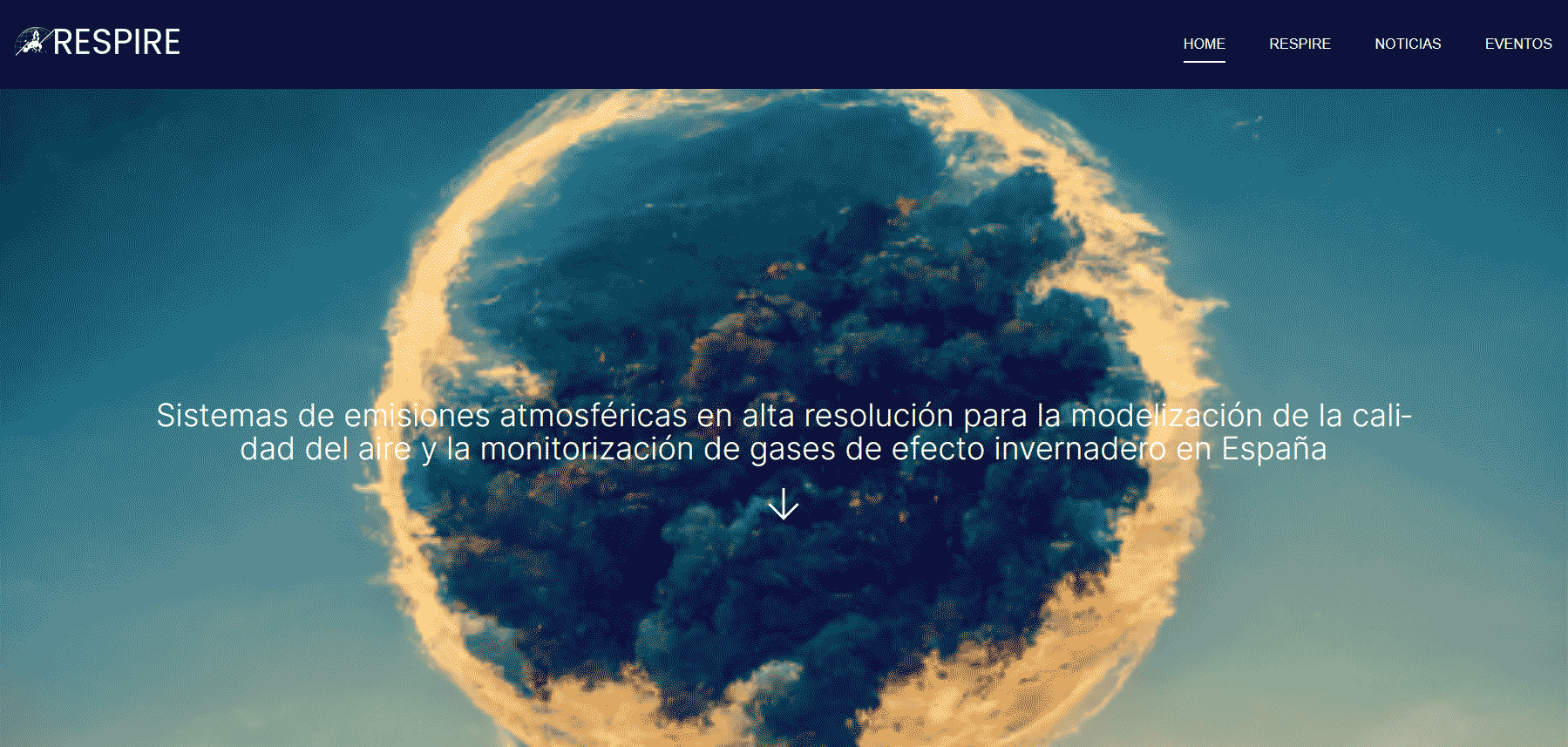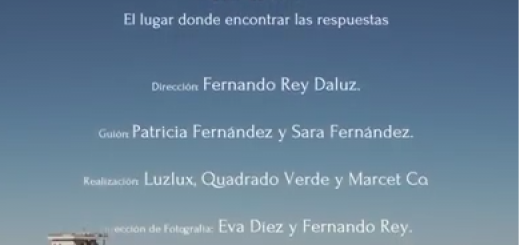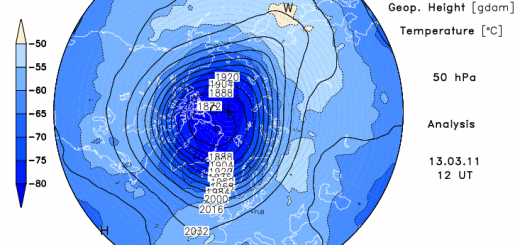Launch of the RESPIRE Website
Clic here for spanish version
Air quality and climate change significantly impact health, well-being, and economic development. To address this challenge, it is essential to thoroughly understand human-induced atmospheric emissions, which are the primary drivers of air pollution and global warming.
The RESPIRE project, led by the Barcelona Supercomputing Center (BSC) and the State Meteorological Agency of Spain (AEMET), develops systems to accurately quantify atmospheric pollutant and greenhouse gas (GHG) emissions resulting from human activities in Spain. These systems generate key data for research and support decision-making on mitigation measures for air pollution and climate change at both local and national levels.
Additionally, the project integrates artificial intelligence (AI) techniques to improve emission estimation and enhance the accuracy of prediction models, contributing to the development of future environmental policies.

Portal of RESPIRE website
RESPIRE has launched its new website, https://respire.bsc.es/, a platform designed to provide key information about this initiative dedicated to atmospheric emissions modeling. The project supports air quality simulation and GHG monitoring efforts in Spain.
Through this platform, public administrations, universities, research centers, and the broader community interested in air quality and climate change can stay informed about the project’s latest developments. The website also offers updates on events, publications, and new tools developed within the RESPIRE framework.
According to Omaira García, researcher at the Izaña Atmospheric Research Center (IARC, AEMET) and coordinator of COCCON-Spain project, “the RESPIRE project marks a milestone in the national strategy for the precise monitoring of air pollution and key greenhouse gases, which are crucial elements in the global warming we are witnessing. The centralization of information enabled by the RESPIRE portal will undoubtedly help us better understand our current situation and make effective and efficient decisions.”
“Communicating the project’s results is essential to ensure that information on atmospheric pollutant and greenhouse gas emissions reaches the scientific community, decision-makers, and society as a whole. A dedicated website allows for the centralization of this data, facilitating access to tools and advancements that contribute to the fight against air pollution and climate change mitigation,” says Marc Guevara, researcher at BSC and scientific coordinator of RESPIRE.
Yolanda Luna, head of the Developments and Applications Department at AEMET, believes that “with the RESPIRE project, AEMET will significantly enhance and complete the national air quality prediction system. A high-resolution spatial and temporal inventory of primary pollutant emissions will be available, covering all autonomous communities, enabling air quality forecasts for the Canary Islands as well.”



